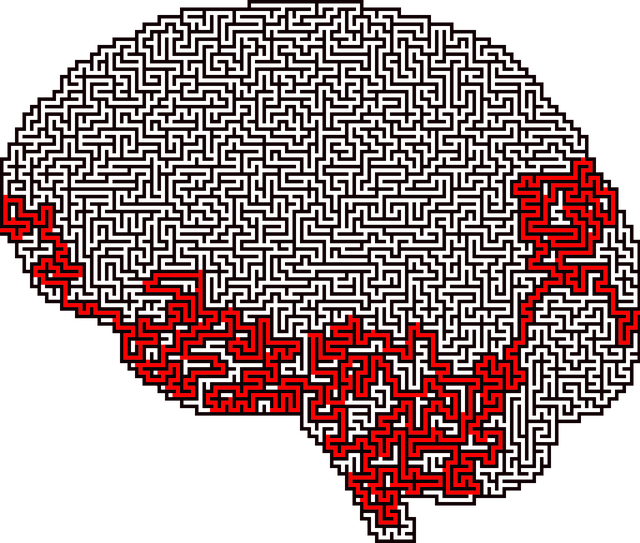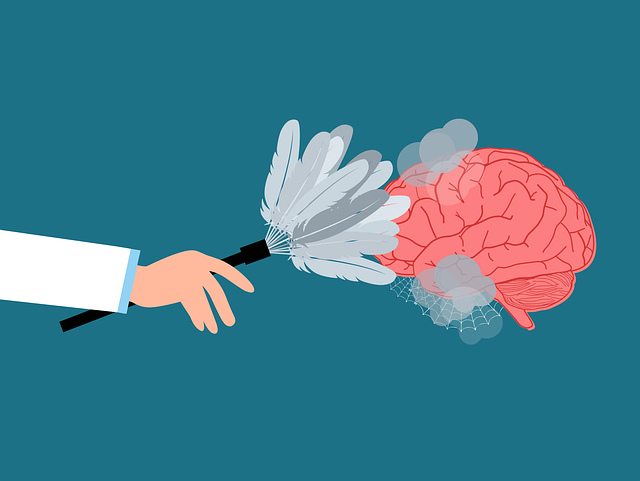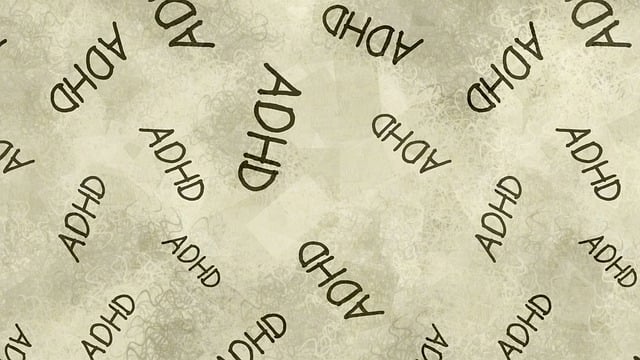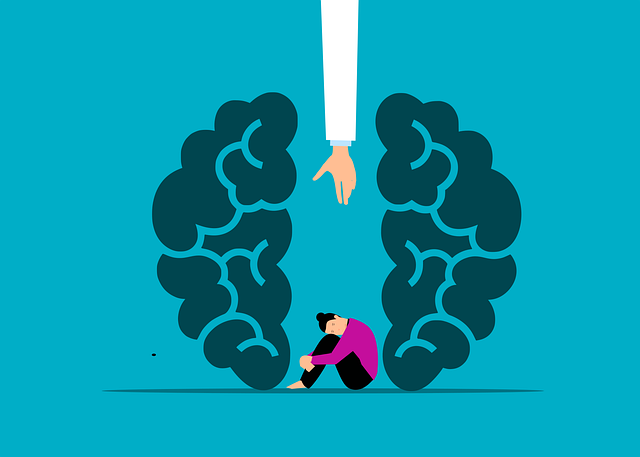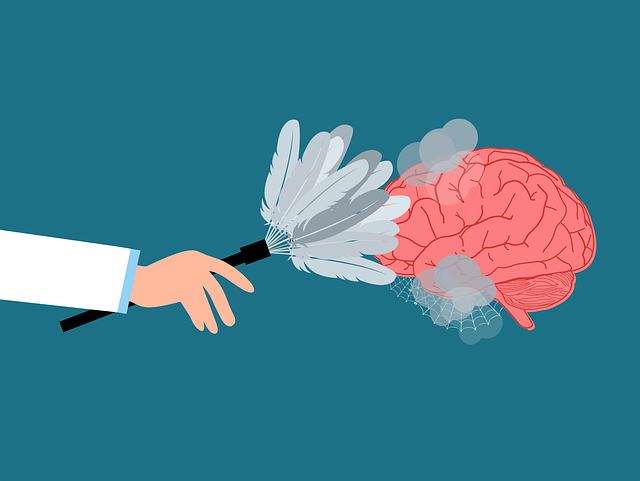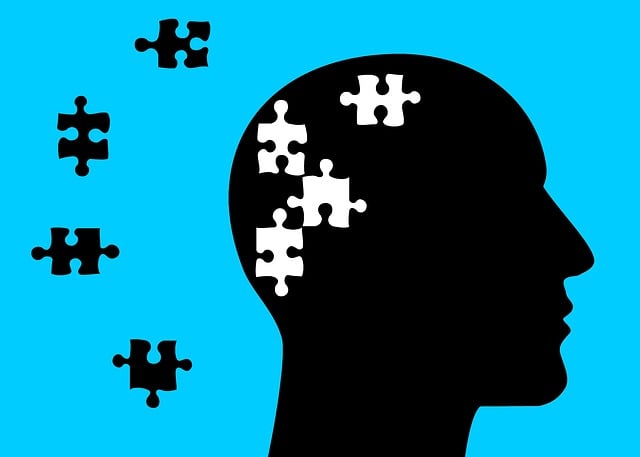Substance abuse poses significant risks for individuals with ADHD/ADD, who are more susceptible due to their unique challenges. Superior ADD-ADHD therapy focusing on stress management and Mind Over Matter principles can prevent abuse by offering healthier coping mechanisms. Crisis intervention guidance is vital for de-escalating high-risk situations. This comprehensive approach, integrating evidence-based practices with personalized care, breaks the addiction cycle, builds resilience, and promotes long-term recovery through tailored interventions and ongoing support.
Substance abuse poses significant risks, impacting both individuals and society. This article explores comprehensive risk reduction strategies, focusing on understanding substance abuse, its underlying causes, and effective mitigation techniques. We delve into therapy approaches tailored for Attention Deficit Hyperactivity Disorder (ADHD) or Attention Deficit Disorder (ADD), emphasizing the importance of superior ADD-ADHD therapy in risk mitigation. Additionally, we present long-term recovery strategies for a holistic approach to overcoming substance abuse.
- Understanding Substance Abuse and its Risks
- Therapy Approaches for ADD/ADHD and Risk Mitigation
- Comprehensive Strategies for Long-Term Recovery
Understanding Substance Abuse and its Risks

Substance abuse is a complex issue that encompasses a range of behaviors characterized by the harmful use of drugs or alcohol despite negative consequences. It’s a significant public health concern, impacting individuals across various demographics. Understanding the risks associated with substance abuse is paramount in developing effective risk reduction strategies.
The potential consequences are far-reaching and severe, affecting not just the individual but also their family, community, and society at large. These risks include physical health problems, mental health disorders, legal issues, social isolation, and even death. For individuals struggling with ADD/ADHD, stress management plays a crucial role in mitigating the risk of substance abuse. By learning effective coping mechanisms, such as those based on Mind Over Matter principles, individuals can develop healthier ways to manage symptoms and avoid turning to substances as a crutch. Crisis intervention guidance is also essential, providing immediate support and strategies to de-escalate high-risk situations.
Therapy Approaches for ADD/ADHD and Risk Mitigation

Superior ADD-ADHD Therapy plays a pivotal role in mitigating risks associated with substance abuse among individuals with Attention Deficit Hyperactivity Disorder (ADHD). Many people struggling with ADHD turn to substances as a way to self-medicate, seeking relief from symptoms like impulsivity, inattention, and hyperactivity. However, this often leads to a cycle of addiction and further behavioral issues. Therefore, effective therapy approaches are essential to break this cycle.
One such approach is Crisis Intervention Guidance, which focuses on providing immediate support during moments of high distress or crisis. This helps individuals develop coping skills and strategies to manage their symptoms without resorting to substance abuse. Additionally, superior ADD-ADHD therapy emphasizes Inner Strength Development, helping patients recognize and harness their inherent capabilities to cope with challenges. Furthermore, Coping Skills Development is a core component, teaching practical methods to navigate daily life, manage stress, and improve impulse control. By combining these strategies, individuals can build resilience, enhance self-awareness, and reduce the risk of substance abuse, ultimately leading to improved overall well-being.
Comprehensive Strategies for Long-Term Recovery

Comprehensive strategies are essential for long-term recovery from substance abuse. Beyond initial treatment, individuals require a multifaceted approach to sustain their journey towards sobriety. Superior ADD-ADHD therapy, tailored to address underlying conditions, plays a pivotal role in this process. By combining evidence-based practices with personalized care, therapists help clients develop coping skills and build resilience, empowering them to navigate challenges without resorting to substance abuse.
Resilience building and coping skills development are critical components of these comprehensive strategies. This involves learning effective stress management techniques, identifying triggers, and implementing healthy coping mechanisms. Mental health professionals conduct thorough risk assessments to understand individual vulnerabilities and tailor interventions accordingly. Through ongoing support and guidance, individuals gain the tools necessary to maintain long-term recovery and lead fulfilling lives free from substance dependence.
Substance abuse poses significant risks, but with comprehensive strategies, recovery is achievable. Understanding the problem and its underlying causes, such as ADHD, is crucial. Combining therapy approaches tailored for ADD/ADHD with broader risk reduction tactics offers a robust path to long-term recovery. For effective care, consider superior ADD-ADHD therapy methods that address individual needs, fostering a healthier, safer future.
